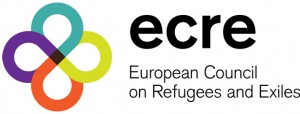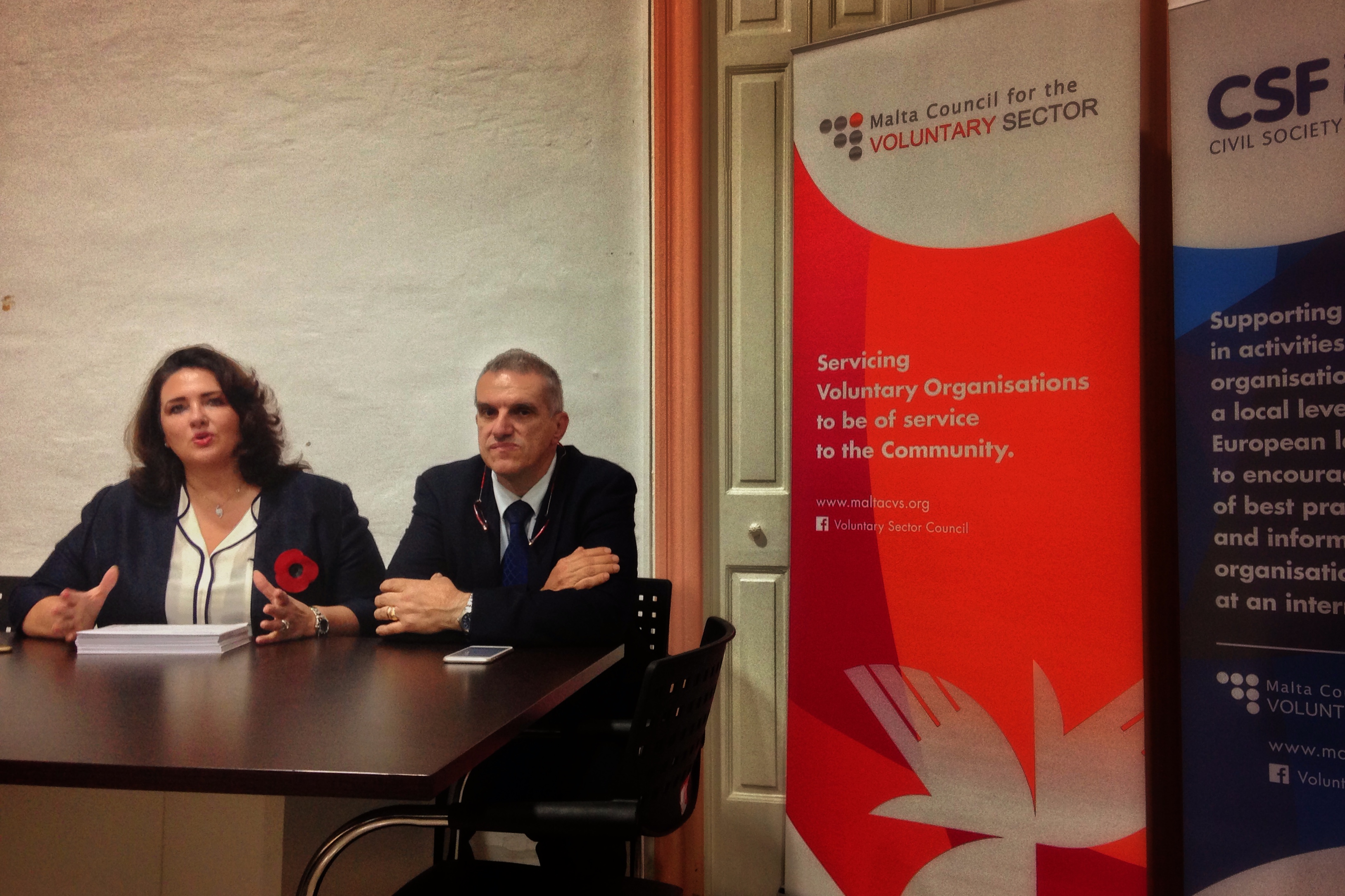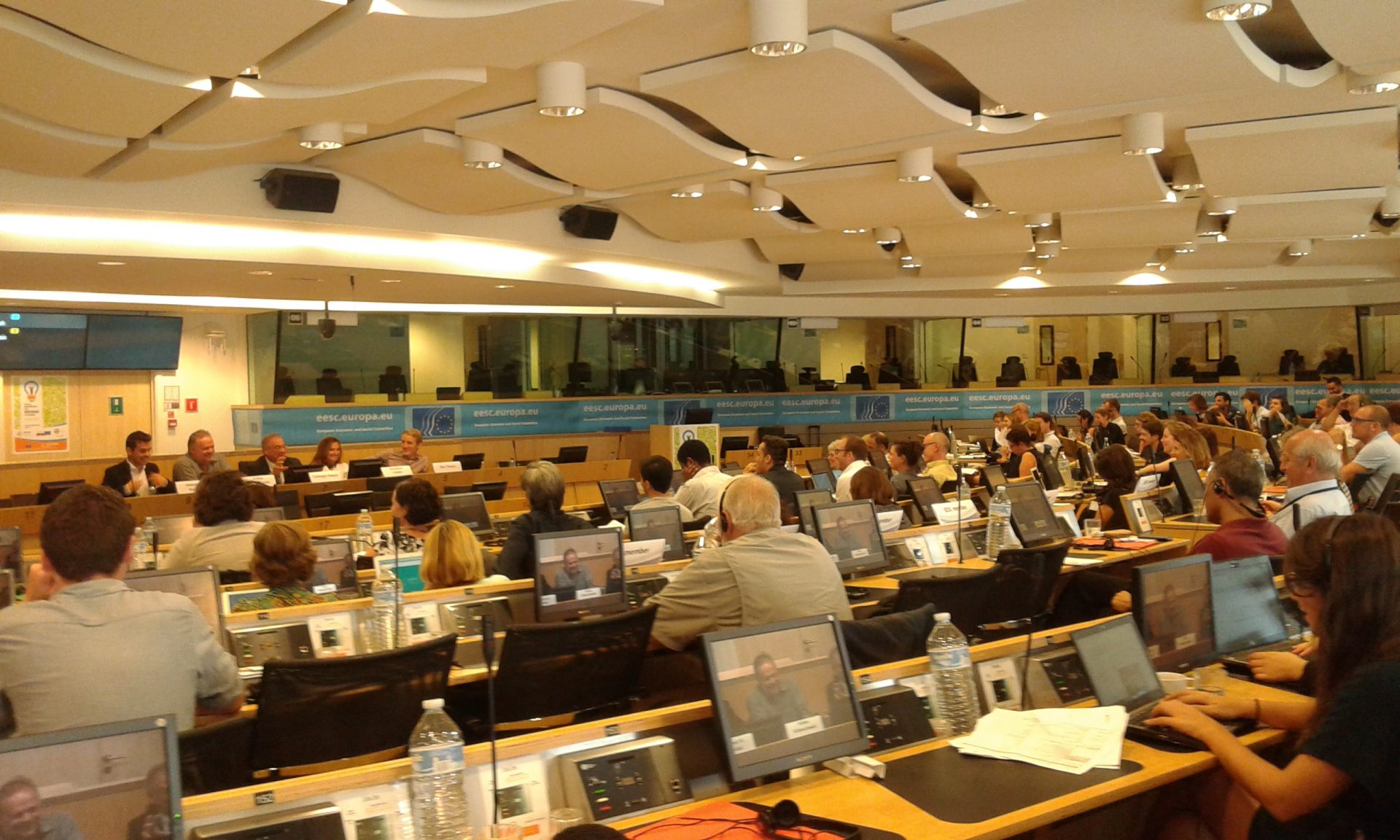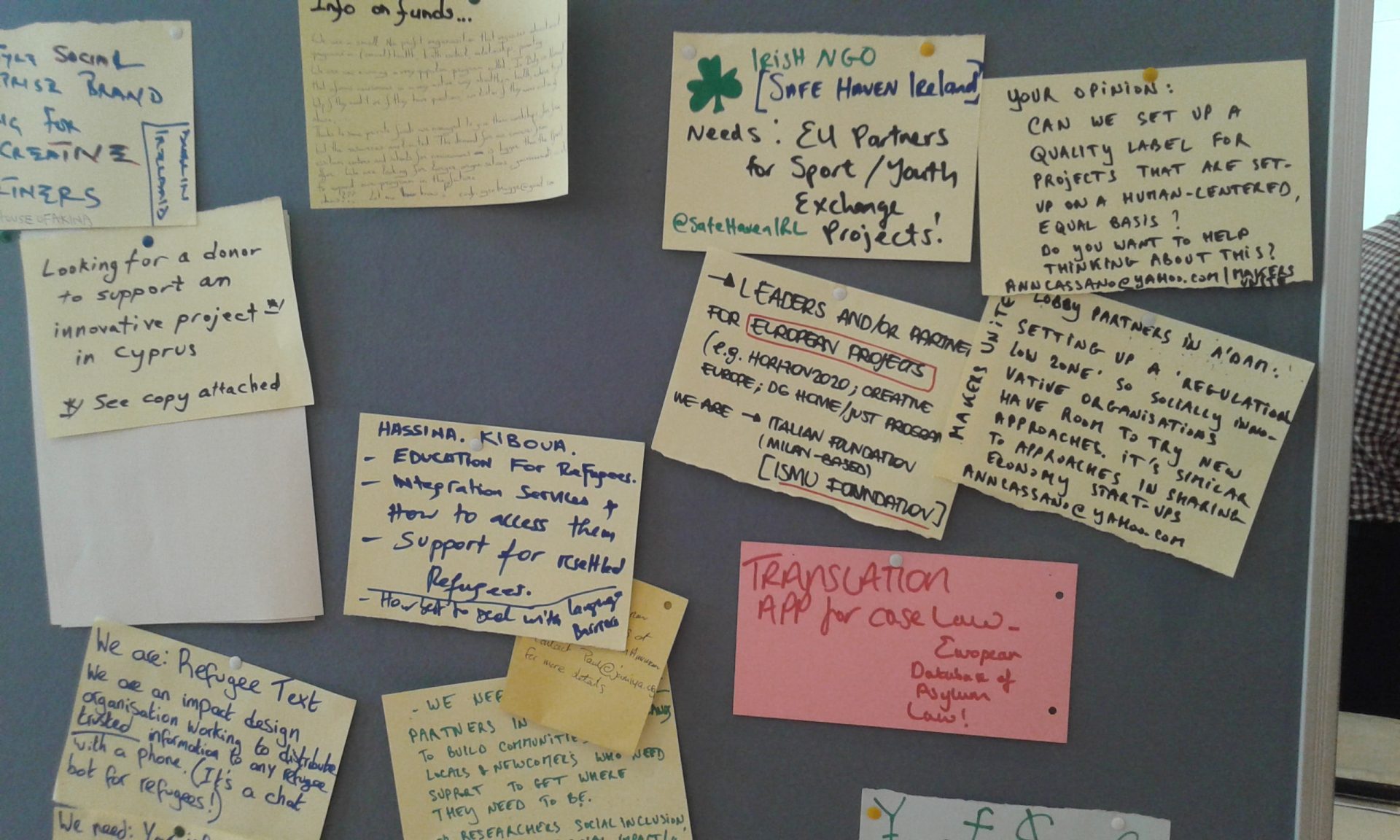After years of treating asylum and migration in crisis mode, we believe the proposed Pact on Asylum and Migration is an opportunity for the EU and its Member States to change direction. It is an opportunity to develop a rational and rights-based asylum and migration policy. Recent cooperation among Member States signals the possibility of a fresh start, which should build on the lessons of the recently attempted and largely failed reform of the Common European Asylum System (CEAS). However, there is a risk that the Pact may include or prepare the groundwork for damaging legislative proposals, in particular what has been termed the “border instrument”.
No more old wine in new bottles
Some Member States continue to promote the idea of a mandatory border procedure in non-papers and other informal contributions. Extrapolating from these documents and debates, the potential border instrument would combine the worst and most controversial elements of the 2016 CEAS reform package, pulling together parts of the Asylum Procedures Regulation, Dublin IV and recast Return Directive. The procedure would be applied to all persons who arrive in the EU to seek protection and would lead to a massive expansion of detention centres at the borders.
Continue Reading





